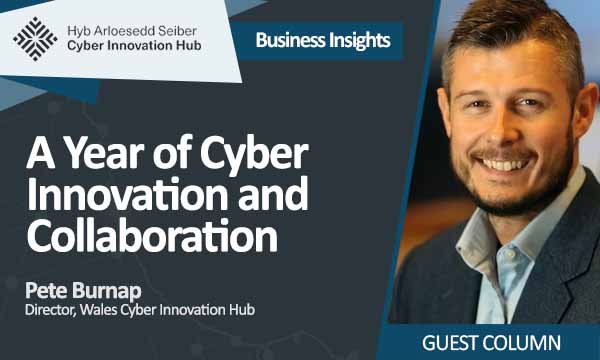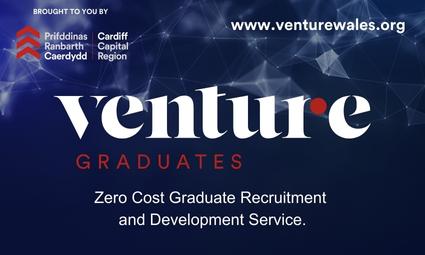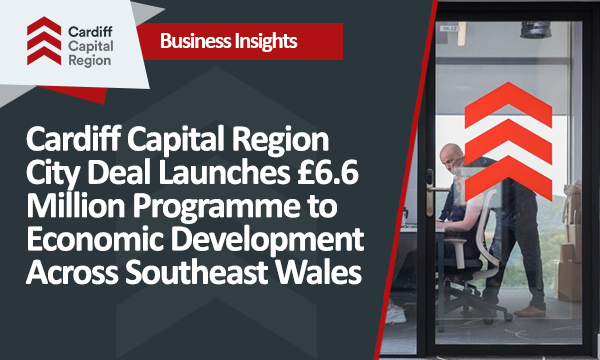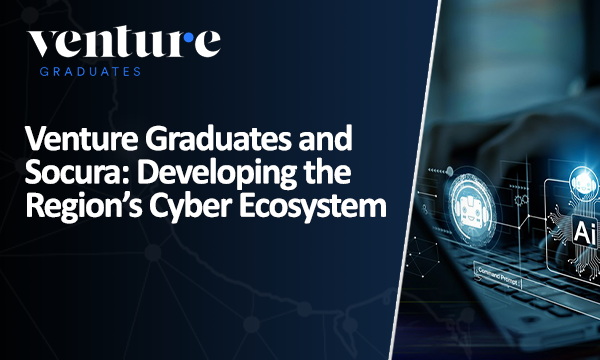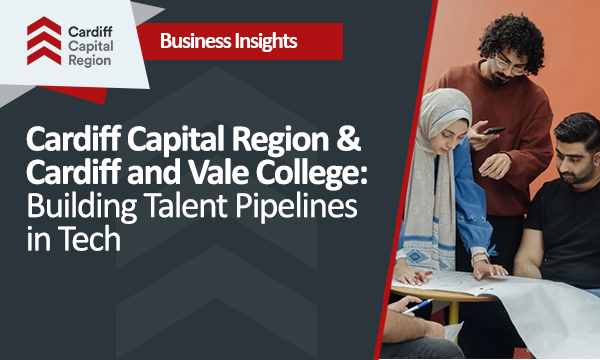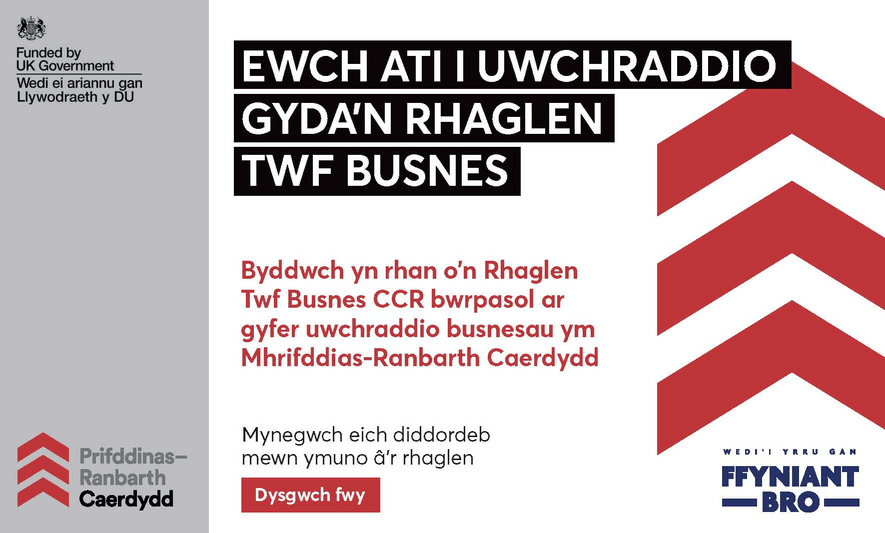 An Autumn Update from:
An Autumn Update from:
Leigh Hughes Chair,
CCR Regional Skills Partnership
2020 has been a year like no other, challenging the Welsh economy to continue its commitment to reskill and upskill the workforce across many sectors. In the third and final of his Autumn Updates, the Chair of the Regional Skills Partnership, Leigh Hughes, shares “a thick silver lining” that has shone through the past seven months, evidenced by some inspirational collaboration between companies, colleges, the government and training providers, each determined to strengthen the future skilling of South East Wales.
“Our data capture shows that COVID has galvanised different groups to get together, share knowledge and ideas – and work collaboratively to bring us back quickly, to be better than ever before.”
HE and FE have been working together across the region, for the region.
Where has Leigh seen this spirit of ‘togetherness’ produce tangible results?
“There are examples right across the region, but I’d like to particularly applaud the collaboration between the FE and HE institutions. That has really ramped up over the past months. They’ve been working together across the region, for the region – but it often goes unnoticed and unrecognised. Just look at the great collaborative work that’s given birth to the Cyber Security Centre in Ebbw Vale. This ground-breaking centre has been made possible because the local Universities worked together, unselfishly, to make it happen – deciding amongst themselves who should play what part. That means we now have FE courses which allow students to then move into HE; and on into one of our fastest-growing and most valuable sectors, where there’s a shortage of talent right now. It’s a prime example of how often competing stakeholders are coming together and acting together, building on their joined-up thinking to help strengthen the growing ecosystem we have here in Wales.”
There are some fantastic examples of collaboration at the colleague to colleague level.
Leigh is conscious that the initial shock of COVID and the continued uncertainty has had a profound effect on those looking to get the skills to join the future Welsh economy.
“The greatest impact has been on the learner, of course” notes Leigh. “For those in work, remote working has almost given us an unexpected audit of what they can and can’t do – right down to basic skills such as Word, Excel and PowerPoint. The L&D teams have had to really look inwards; and there’s a massive number of Office 365 virtual learning courses being run. We’ve also seen some great innovations such as Reverse Digital Mentoring, where younger and more junior people have teamed up with more senior people to show them how to master something such as SharePoint; with the senior people in return passing on their wisdom and both parties creating a bond that will help everyone develop. I’m a reverse digital mentee myself!” says Leigh.
What about younger people not yet in full-time permanent roles?
“We’re beginning to see University places being deferred on a larger scale than before; and students are exploring other routes such as Higher Apprenticeships. We’re also currently assessing the pandemic’s impact on those people already on Workplace Learning Apprenticeships. It may be that the need to conduct face-to-face assessments could lengthen the course of the apprenticeships involved; so there’s a lot to factor in for all the stakeholders in this – and that’s what we’re doing.”
Our data is helping us get ahead of the curve on predicting the future industrial landscape – and the talentscape it needs.”
Data’ is a recurring theme in Leigh’s assessment of how the Regional Skills Partnership is helping develop success across many sectors.
“Our 3 year plan is about future proofing South East Wales, looking at the emerging industrial landscape, identifying the talentscape it will need – and working to get ahead of this curve.”
“Our Data Capture is much more robust now and we’re finding that the continuous communication with employers to understand the gaps they have, and the skills they need, is proving very valuable. It’s bringing both sector resilience and also enabling our Board to understand how our regional trends fit into a global perspective, so we can help facilitate further inward investment. That’s what collaboration is all about: continually looking at the 3 year plan, having the agility to secure the right interventions, to get the funds to meet the skilling needs of the Regional Economic Growth Partnership. One thing is for sure: if we continue to work together, we’ll get through this in the best possible way; and we’ll realise our vision set out in our Skills Partnership plan.”



